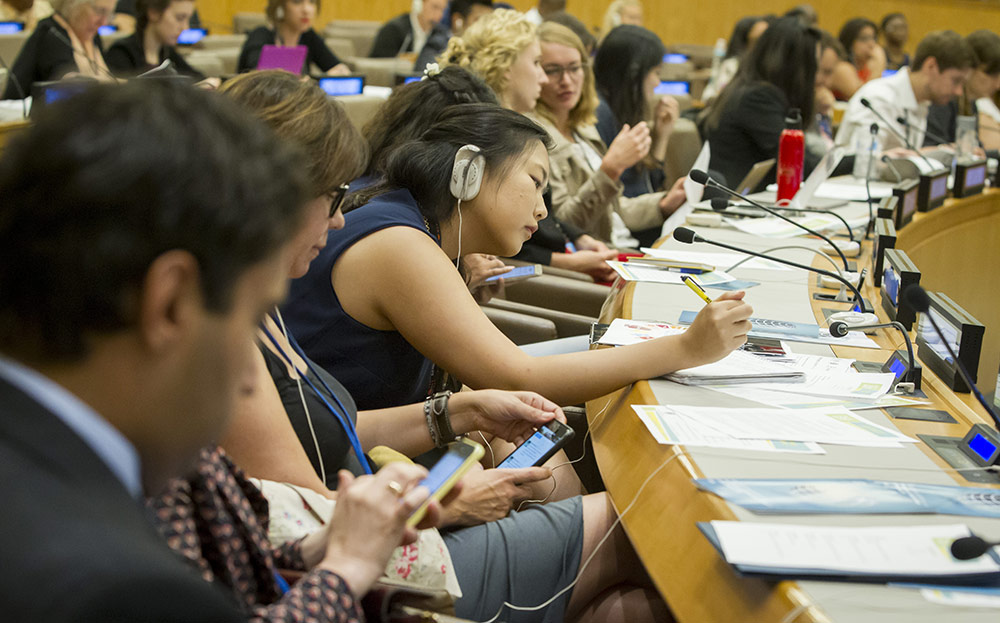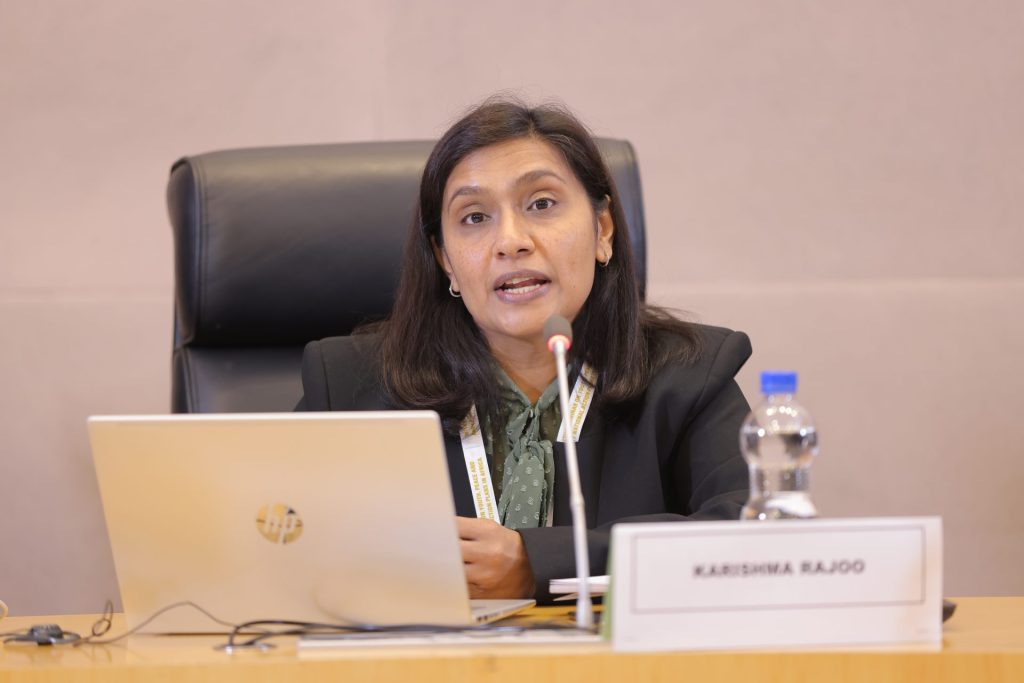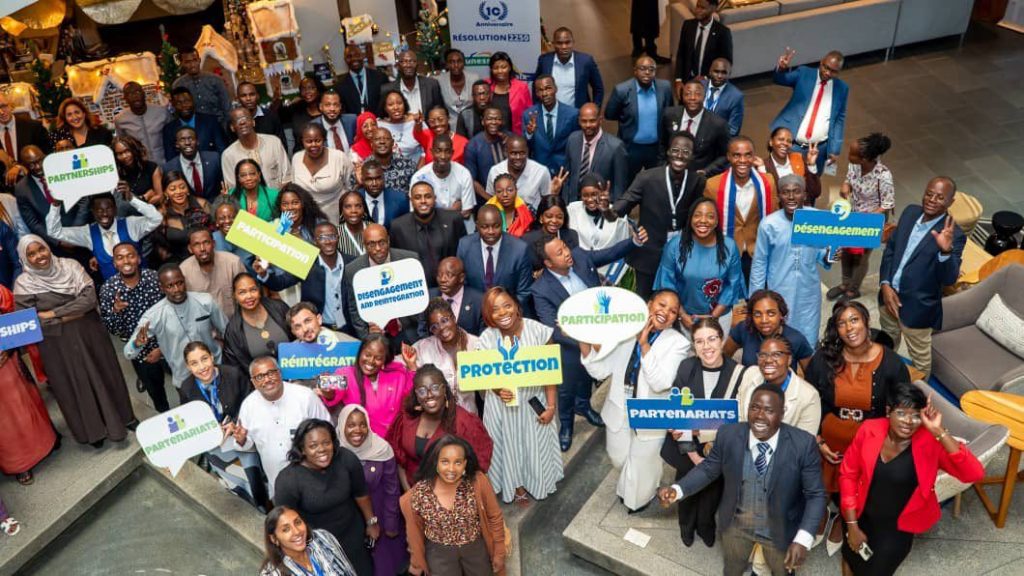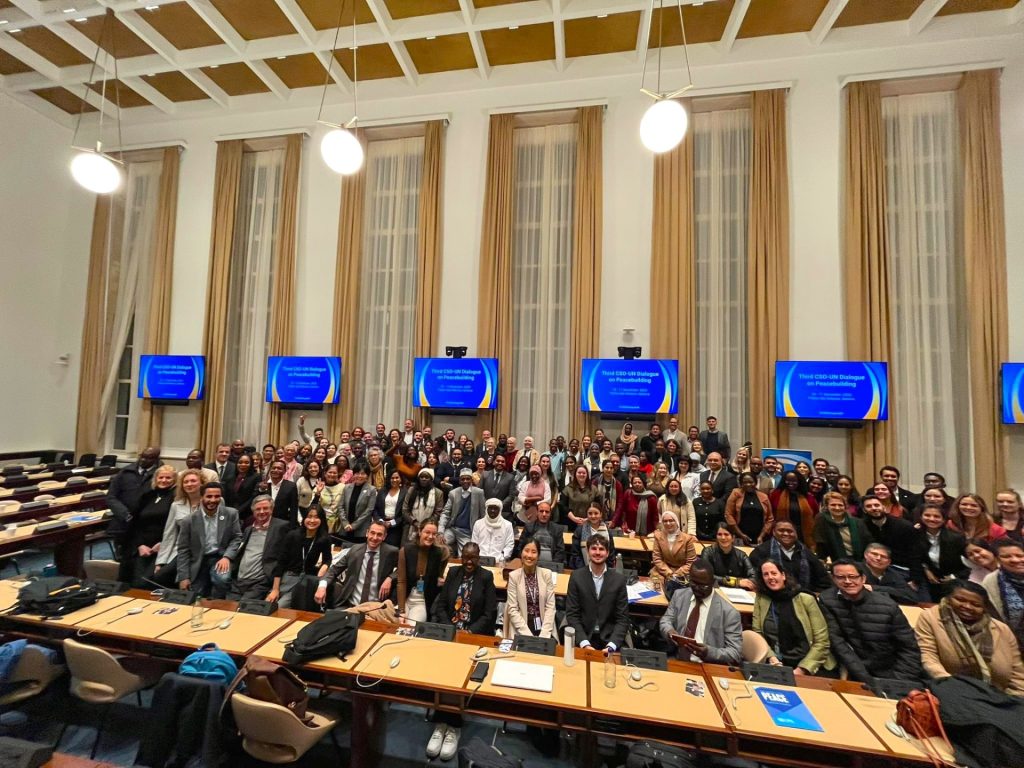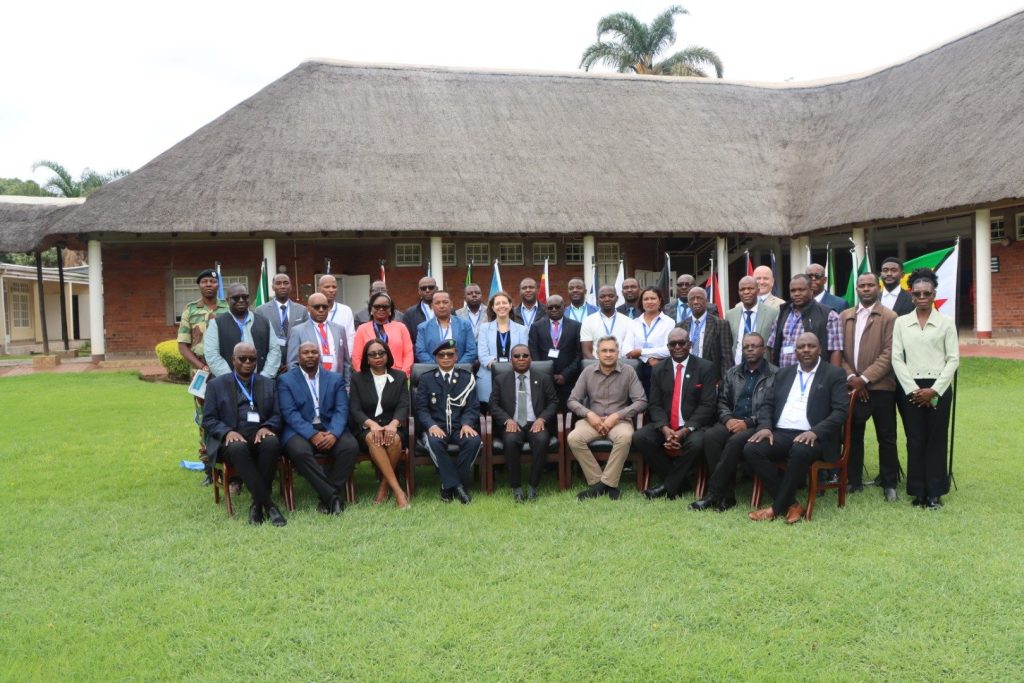In line with the African Union (AU) 2017 theme on ‘Harnessing the Demographic Dividend through Investments in Youth‘, and in the quest to contribute and build capacities to resolve conflicts in Africa, ACCORD participated at the Stakeholder Consultative Workshop on “Youth Economic Vulnerability, Inequalities, Exclusion and Violence in Africa”. The workshop held from the 01-03 March 2017 identified and discussed key knowledge gaps on the interplay of Youth Economic Vulnerability, Inequalities, Exclusion and Violence in Africa.
Africa continues to witness an increase in numbers of its youthful population often referred to as the “youth bulge”. This increase and the persistent unemployment crisis combined with social unrest in many African countries are few of many factors that have continued to place the youth at the center of public policy discussions and development priorities. Often the large numbers young people, often unemployed are considered a potential threat for political violence. Although the nature of the youth challenge varies across regions, the growing concerns that lack of opportunities – including the lack of (decent) jobs – and the limited inclusion of the youth into decision making processes undermine social cohesion and contribute to youth rejection of the social construct. Such rejection can take the form of involvement in violent gangs, petty crime, organized crime, gender violence, and armed conflicts. In addition, youth rejection of the social construct can potentially add to their vulnerability and reduce the economic opportunities available to them, and marginalize them further, thus creating a vicious cycle.
The discussions provided a platform for which researchers and practitioners shared experiences on youth-focused interventions that are designed and implemented to respond to the challenges of socio-economic vulnerability, exclusion and violence. Considering the projected growth in population; with the largest number found in least developed countries particularly in Africa, the prospects for young people as a dangerous liability and probably driving force for insecurity in the region is alarming. Discussions therefore emphasized that in programming related to youth, there is need to consider the youth’s ability to contribute to sustainable peace and development. While economic hardships have often been considered as the main cause for violence, participants also highlighted that issues related to identity and self-fulfilment have a role to play in youth engagement in violence. Further, participants noted that the youth should be viewed as active agent for peace and engage them in community projects where they can use their energy in peacemaking and also as an opportunity for them to lead the agenda for preventing violence.
ACCORD’s involvement in this Workshop is in line with its goal to contribute towards peaceful resolution of disputes through identifying knowledge gaps and implementing programming related to capacity building to prevent conflict in Africa.

